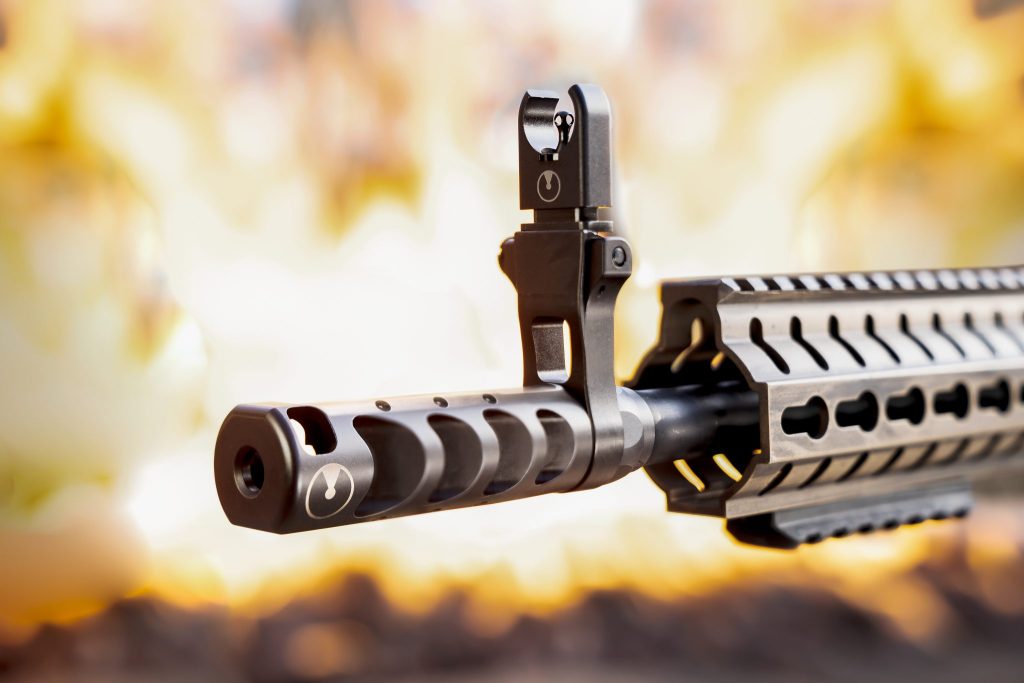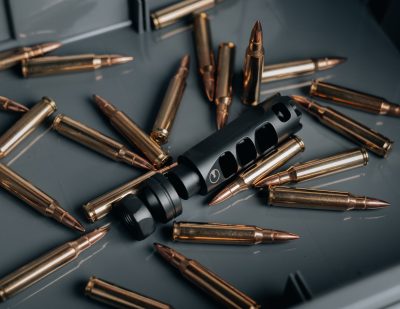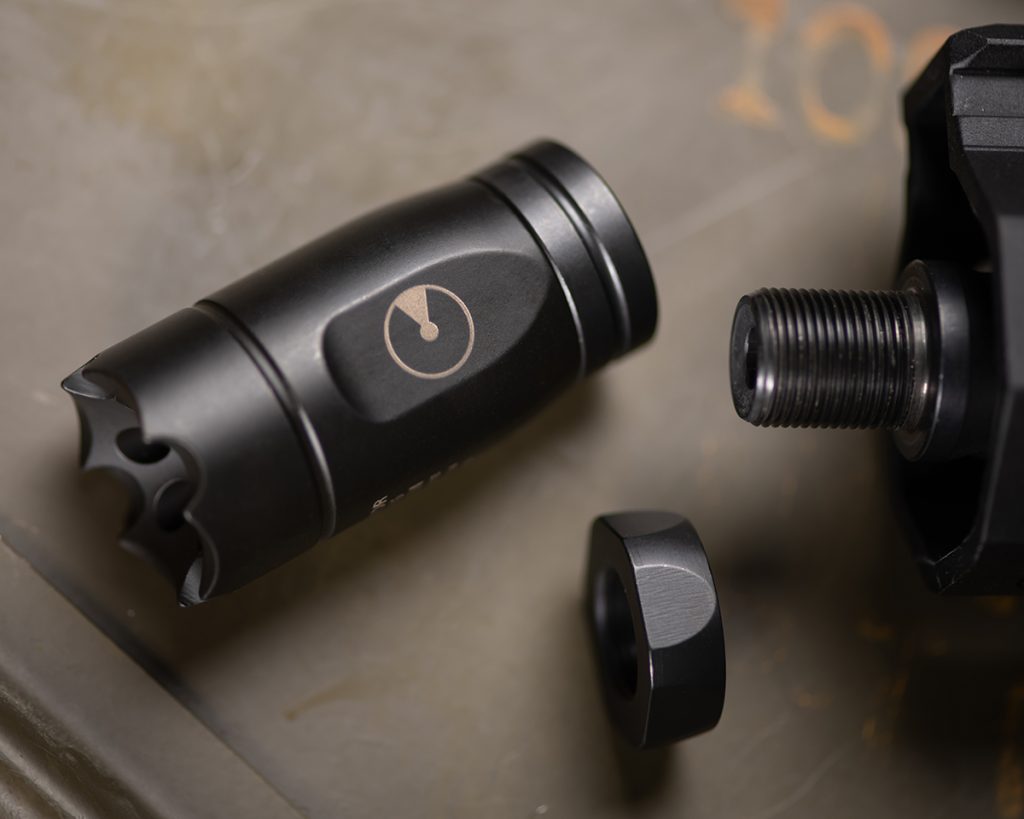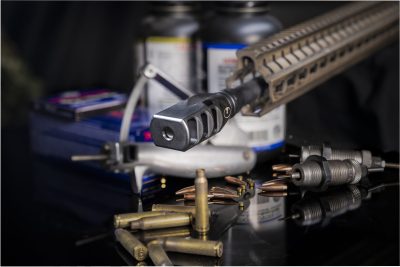How to Determine the Best Muzzle Brake for Your Precision Rifle

Introduction:
Precision shooting is a delicate art that demands a perfect combination between the shooter, the rifle, and its accessories. Among the many components contributing to accuracy, the muzzle brake stands out as a critical element in achieving unparalleled precision. Choosing the right muzzle brake can significantly enhance your shooting experience and improve overall performance. In this blog post, we’ll explore the world of muzzle brakes, discussing the various types and highlighting the key features that make one stand out as the best for precision shooting.
Understanding Muzzle Brakes:
Before delving into the nuances of different muzzle brakes, it’s essential to understand their primary function. A muzzle brake is a device attached to the end of a firearm barrel designed to reduce recoil and muzzle rise. By redirecting gases generated during the firing process, muzzle brakes help stabilize the firearm, allowing for quicker follow-up shots and increased accuracy, especially in precision shooting scenarios.

Types of Muzzle Brakes:
- Conventional Muzzle Brakes: Conventional or traditional muzzle brakes are the most common type found in the market. They feature a series of ports that redirect gases to the sides and upward, mitigating recoil and muzzle climb. While effective, these brakes often generate a noticeable increase in muzzle blast and noise, which can be a consideration for those who prioritize a quieter shooting experience.
- Linear Compensators: Linear compensators focus on redirecting muzzle blast forward rather than to the sides or upward. This design minimizes the impact of recoil while reducing the disturbance caused by side-blast. Shooters who share a range with others or engage in team shooting may prefer linear compensators for their considerate design.

- Hybrid Muzzle Brakes: Hybrid muzzle brakes combine features from both conventional and linear compensator designs. They aim to strike a balance between effective recoil reduction and minimizing the impact of side-blast and noise. Hybrid muzzle brakes are a popular choice for those seeking a versatile solution suitable for various shooting environments.
Key Considerations for Precision Shooting:
- Recoil Reduction: Precision shooters often prioritize recoil reduction to maintain target focus and facilitate quick follow-up shots. Look for muzzle brakes with efficient port systems designed to redirect and disperse gases effectively, thus mitigating recoil.
- Muzzle Rise Mitigation: Minimizing muzzle rise is crucial for maintaining a sight picture and ensuring accuracy. Muzzle brakes that redirect gases in a way that counters upward movement contribute significantly to improved shot-to-shot consistency.
- Material and Build Quality: The construction of the muzzle brake plays a role in its durability and effectiveness. High-quality materials, such as stainless steel or titanium, contribute to longevity and corrosion resistance, ensuring the brake remains effective over time.

- Weight Considerations: Precision shooters often carefully balance every component of their rifle for optimal performance. Choose a muzzle brake that adds the most desirable weight to the firearm while still delivering the desired recoil reduction and stability.
Conclusion:
Precision shooting is a science that demands the utmost attention to detail, and selecting the right muzzle brake can make a significant difference in your overall shooting experience. Whether you prioritize recoil reduction, muzzle rise mitigation, or a balance between the two, the market offers a variety of muzzle brakes catering to different needs.
Ultimately, the best muzzle brake for precision shooting is one that aligns with your specific requirements and preferences. Consider factors such as the ones discussed above to make an informed decision. By investing in the right muzzle brake, you’re not just enhancing the performance of your rifle; you’re elevating your precision shooting to new heights.
